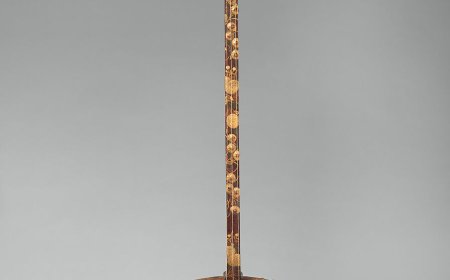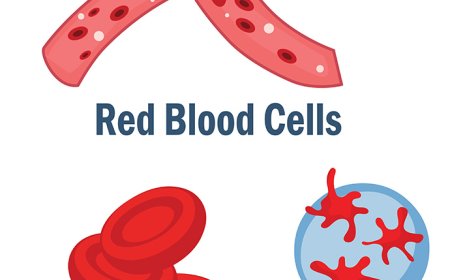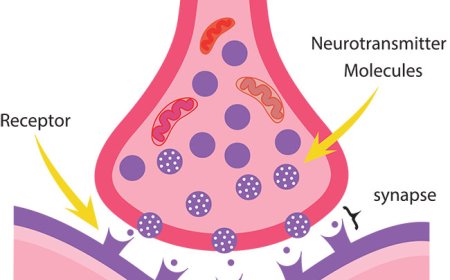The Muscular System for Students: What It Is and Why It Matters
Learn about the muscular system for kids. Discover how muscles help you move, support your body, and keep important organs working every day.
💪 The Muscular System: What It Is and Why It Matters
Your body wouldn’t be able to move, smile, jump, or even breathe without muscles. The muscular system is made up of over 600 muscles, all working together to keep your body moving and strong. Some muscles are big and powerful, like the ones in your legs. Others are tiny and help with small movements, like blinking or wiggling your toes.
Every time you move—whether it’s running down a soccer field or turning the page of a book—your muscular system is at work. It connects with your bones, joints, and nervous system to help you move, stay balanced, and even stand up straight.
🧠 What Is the Muscular System?
The muscular system is the network of muscles in your body that:
- Helps you move
- Keeps your heart beating
- Pushes food through your stomach and intestines
- Controls your breathing and facial expressions
- Maintains your posture
Muscles are made of long stretchy cells that contract (tighten) and relax. These contractions pull on your bones and cause movement. Some muscles work when you think about it, while others work automatically, without you even noticing.
🦵 Why Muscles Matter
Muscles aren’t just for athletes or bodybuilders—they’re essential for everyone, every day.
Here’s why they matter:
- They let you move your arms, legs, fingers, and toes
- They help you breathe and digest food
- Your heart is a muscle that pumps blood
- Muscles protect your organs and hold your bones in place
- They burn energy and calories, even when you’re resting
Without your muscular system, even the smallest tasks—like sitting up or holding a pencil—would be impossible.
🔁 How Muscles Work with Other Systems
Muscles don’t work alone. They team up with:
- The skeletal system (bones and joints) to create movement
- The nervous system, which sends signals from your brain to your muscles
- The circulatory system, which brings oxygen to your muscles so they can move
Your brain sends a message through nerves to a muscle. The muscle tightens (contracts), which pulls on a bone, causing it to move. When the message stops, the muscle relaxes.
This system works so fast you don’t even think about it—like when you catch a ball or blink your eyes.
🔋 Muscles and Energy
Muscles need fuel to work. They get energy from the food you eat, especially:
- Proteins, which help build and repair muscle
- Carbohydrates, which give quick energy
- Fats, which provide longer-lasting fuel
- Water, which helps muscles move smoothly
Muscles also use oxygen from your lungs. That’s why you breathe faster when you exercise—your muscles are using more oxygen and energy to keep moving.
🎉 Fun Facts About Muscles
- Your tongue is the strongest muscle for its size
- You use over 30 muscles just to smile
- The gluteus maximus (in your butt) is the largest muscle
- The smallest muscles are found in your ear
- Muscles make up about 40% of your body weight
🧠 Vocabulary
- Muscle – A stretchy tissue that moves parts of the body
- Muscular system – All the muscles in the body
- Contract – To tighten or shorten (what muscles do to move)
- Relax – When a muscle stops contracting
- Skeletal system – Bones and joints that work with muscles
- Nervous system – Sends signals between the brain and muscles
- Protein – A nutrient that builds and repairs muscles
- Oxygen – A gas muscles need for energy
- Energy – What your body uses to do work or move
- Circulatory system – Moves oxygen and nutrients through the body
✅ Interactive Quiz: Muscle Mastery
1. What does the muscular system help you do?
A. Read books
B. Move, breathe, and digest food
C. Hear music
D. Grow hair
2. What makes a muscle move?
A. Wind
B. Bones
C. Brain signals through nerves
D. Vitamins
3. What happens when a muscle contracts?
A. It grows
B. It gets shorter and tighter
C. It disappears
D. It turns into bone
4. What is the biggest muscle in the body?
A. Heart
B. Tongue
C. Biceps
D. Gluteus maximus
5. Why do you breathe faster when you exercise?
A. Because it's hot outside
B. To bring more oxygen to your muscles
C. To cool your brain
D. To make your lungs stronger
🧒 Kid-Friendly Summary
Your muscles help you move, play, talk, and even breathe! They work with your bones and brain to help your body do almost everything. Muscles need food, water, and oxygen to stay strong, and they’re working all the time—even when you sleep!




















































